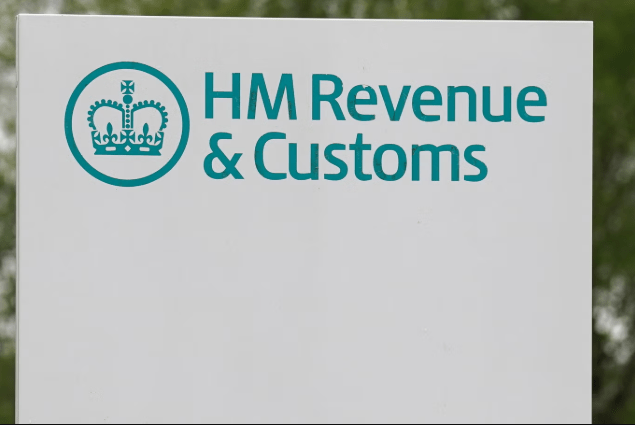In a dramatic shift that’s raising eyebrows across the UK, HMRC could soon begin withdrawing money directly from personal bank accounts and ISAs – without needing a court order.
The tax authority is set to revive its controversial Direct Recovery of Debts (DRD) scheme, allowing it to extract unpaid taxes straight from people’s accounts. This applies to individuals who have consistently failed to pay tax bills worth £1,000 or more.
This move comes under fresh plans by the Labour government aiming to recover over £11 billion in outstanding tax debt by 2030.
While the measure isn’t entirely new, having been proposed back in 2015, it was shelved during the COVID-19 pandemic. Now, it’s back on the table, and this time, the scope seems even broader.
Under the revived scheme, HMRC agents will visit taxpayers at home before authorising the withdrawal of funds, including from cash ISAs.
The tax authority claims this ensures identity checks and proper communication. But critics call it “draconian” and warn of serious implications for personal finances.
What Will HMRC Do?
- Agents will visit your home to verify your identity and confirm the debt.
- After the visit, and if no payment is arranged, HMRC can instruct banks to release funds.
- Money can be taken directly from both current accounts and ISAs.
- At least £5,000 must remain in the account to cover essential living costs.
- A 30-day appeal window must pass before any money is touched.
This isn’t just an automatic withdrawal. The HMRC insists a human process is involved. Taxpayers will be given the opportunity to discuss repayment options before any action is taken.
Experts Warn: Don’t Ignore HMRC
Tax specialists are urging the public to take HMRC letters and demands seriously, especially as the government intensifies its collection tactics.
“Given the pressure on public finances, it’s clear that HMRC is determined to get tougher on those who can pay but don’t pay.
The relaunch of this draconian power underlines how important it is not to stick your head in the sand and ignore HMRC demands,” warned Dawn Register, tax dispute resolution partner at BDO.
Despite the new powers, HMRC must follow safeguards to prevent overreach. Still, personal finance experts stress that individuals must act quickly when contacted.
What’s Behind the Push?
With public finances strained and billions in unpaid tax piling up, the Labour government is rolling out tougher enforcement to close the gap.
A government source revealed that this move is part of a wider effort to make sure those who can afford to pay their taxes do not evade them indefinitely. The approach is meant to deter repeat offenders, not target those in genuine hardship.
Could This Affect You?
If you’ve got an outstanding tax bill over £1,000, and you’ve ignored repeated requests from HMRC, yes, this could affect you.
The best course of action? Communicate early. Respond to letters. Make payment arrangements if you’re struggling. The more you ignore it, the closer the taxman may be to your doorstep and your savings.
Stay tuned to UK News Blog for ongoing updates on how this HMRC power shift might play out across the UK.






